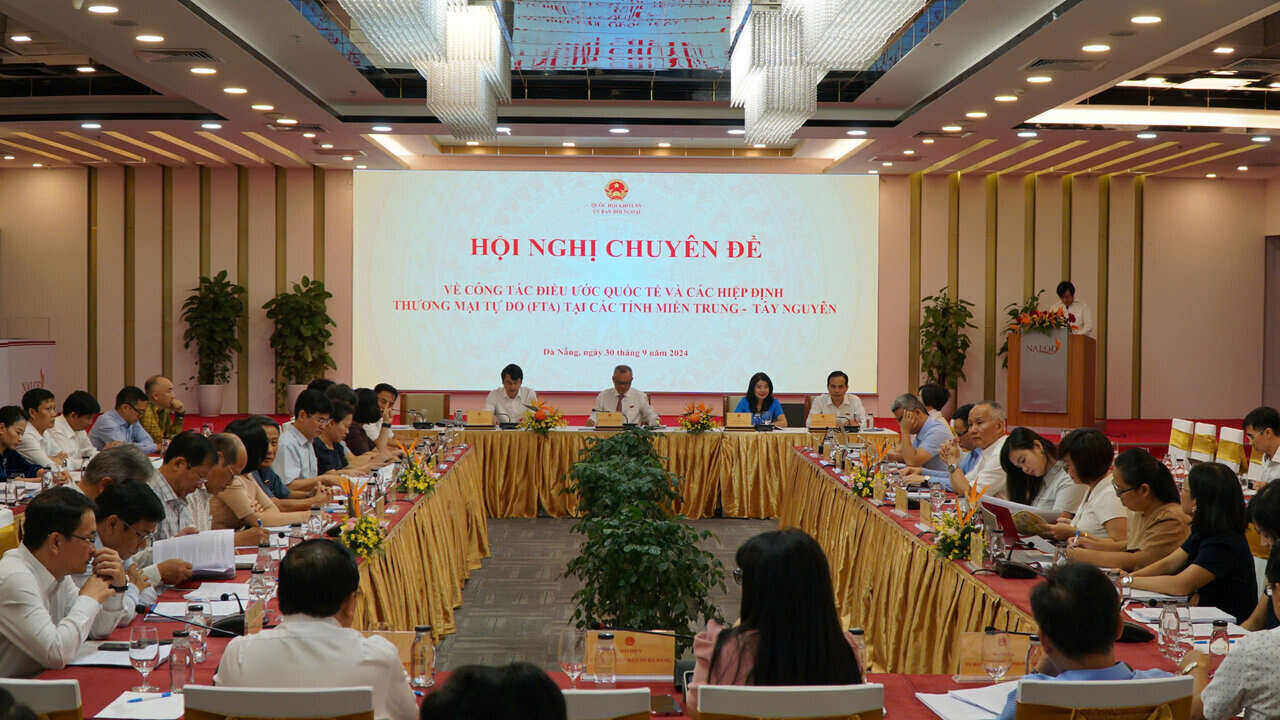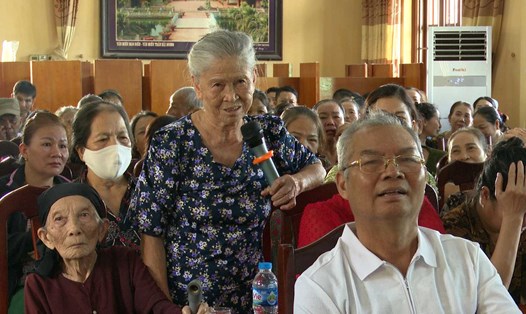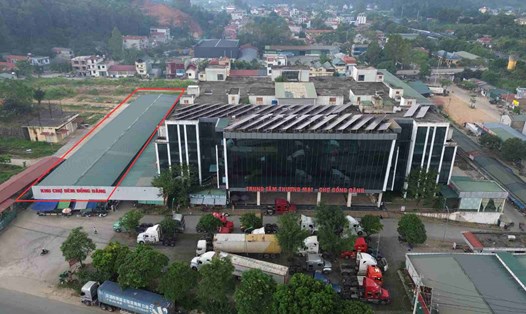On September 30, in Da Nang City, the National Assembly's Foreign Affairs Committee held a thematic conference on international treaties and free trade agreements (FTAs) for the Central Highlands provinces.
At the conference, Vice Chairman of the National Assembly's Foreign Affairs Committee Nguyen Manh Tien said: "With 16 free trade agreements and many other international treaties that Vietnam has signed, we have achieved many good results. However, through implementation, many points have been revealed that need to be considered and adjusted.
The National Assembly's Foreign Affairs Committee organized the event to continue researching and proposing solutions to ensure national interests and prestige, and enhance Vietnam's responsibility to the world."
Vietnam currently has an open economy with the signing and joining of many international treaties in the field of economics and trade, especially being a member of 16 FTAs. The effective implementation of FTA agreements, especially new generation FTAs, has created opportunities to expand and diversify markets with high incentives, and participate more deeply in the global supply chain and production network.

At the same time, actively contribute to the process of synchronous and comprehensive innovation, unleash the country's potential, creativity, improve people's lives, enhance the level of development, and gradually reduce the proportion of processing and assembly in the economy.
However, many Vietnamese enterprises have not yet taken advantage of tax incentives through the application of rules of origin and certificates of origin in FTAs.
Many advantageous products have a Certificate of Origin (C/O) usage rate of 92-100% in FTAs (corn, wheat, various types of paper, fertilizers, trucks, some iron and steel products, footwear, textiles, etc.), but the export value is not high. In addition, every year, Vietnam has to face many anti-dumping and anti-subsidy lawsuits, etc.
At the conference, delegates focused on assessing the implementation of international treaties and FTAs on the promulgation of legal documents to organize and implement international treaties; organization of apparatus, operating mechanism, coordination in the implementation of international treaties of the Government, ministries, branches, and localities; the role and responsibility of relevant agencies in supervising the implementation of international treaties...










